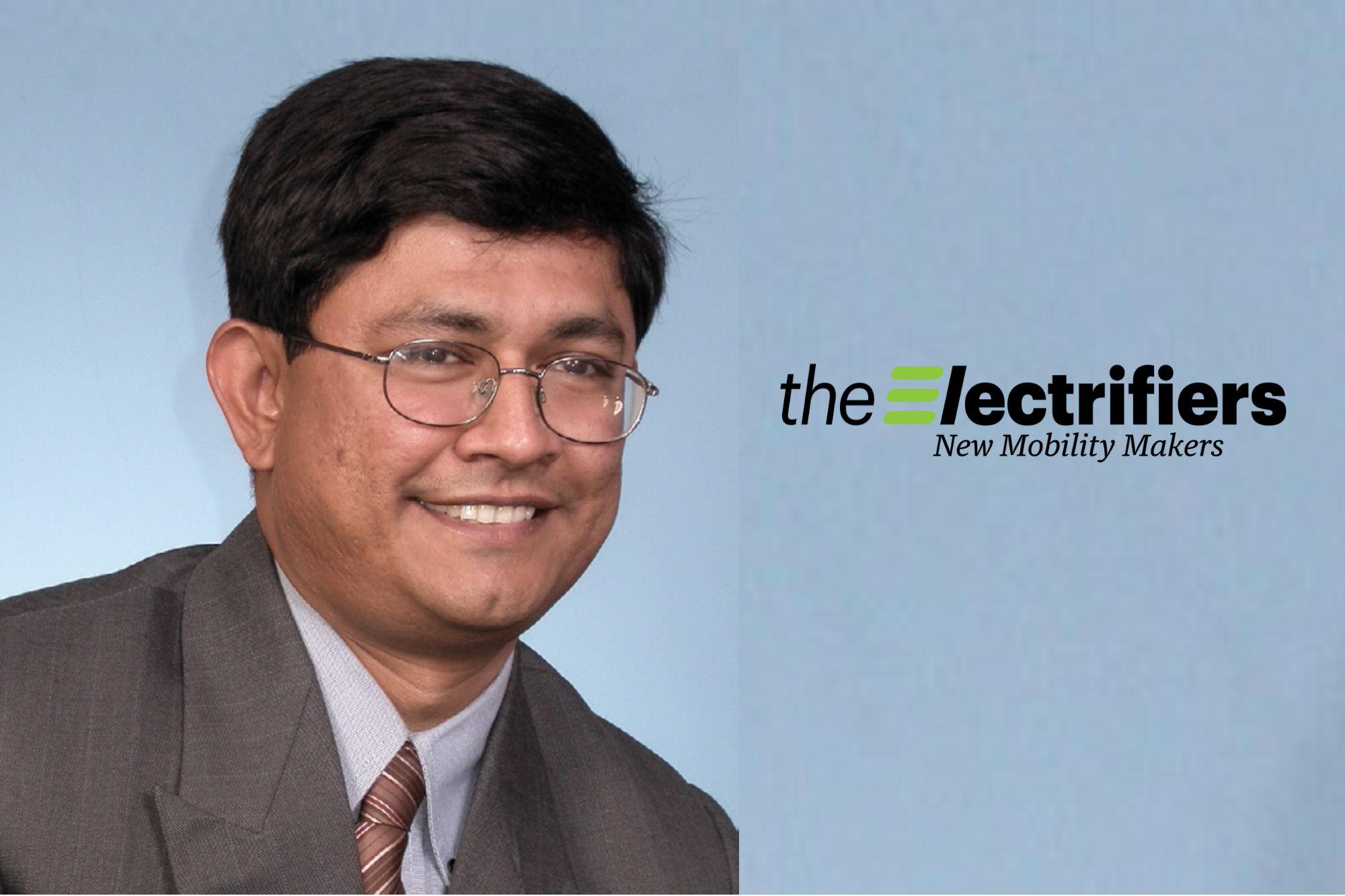Turning Voltage into Vision Cygni's offerings are impressive, featuring advanced lithium-ion technology, customisable designs, and a robust battery management system (BMS) that prioritises safety, thermal control, and longevity.
Opinions expressed by BIZ Experiences contributors are their own.
You're reading BIZ Experiences India, an international franchise of BIZ Experiences Media.

India's journey towards electric mobility and renewable energy is facing a tough challenge—finding ways to store energy that are efficient, affordable, and safe. With unreliable grid supplies in remote villages and increasing electricity demands in bustling urban areas, the need for smart energy storage solutions has never been more urgent. That's where Cygni Energy comes into play, providing state-of-the-art battery energy storage systems (BESS) aimed at powering India's sustainable future.
"At one point, I was designing semiconductor chips for NVIDIA and Sun Microsystems in Silicon Valley," shared Venkat Rajaraman, the Founder and CEO of Cygni Energy. "But I felt a strong urge to channel my skills into something that would make a real difference. That's what brought me back to India to dive into renewable energy and clean technology." This passion sparked the creation of Cygni in 2014, with the goal of closing the energy gap through innovative battery storage solutions.
Cygni's offerings are impressive, featuring advanced lithium-ion technology, customisable designs, and a robust battery management system (BMS) that prioritises safety, thermal control, and longevity. "Our EV batteries charge quickly, support regenerative braking, and are managed by smart software to boost performance," Rajaraman explained. "This versatility makes them perfect for electric vehicles, renewable energy integration, and backup power."
Even with the rising interest in EVs and energy storage, several myths linger in India—like worries about short driving ranges, battery fires, and high costs. Rajaraman set the record straight: "Today's EVs can travel over 400 km on a single charge. Battery safety has improved significantly, and thanks to government initiatives and longer lifespans, the cost dynamics are now favoring EVs."
One of Cygni's major challenges was scaling up manufacturing while keeping quality and prices competitive. "We tackled this through localisation, automation, and investing in R&D," he noted. However, the pivotal moment came when Cygni shifted its focus from Solar-DC microgrid projects to concentrate solely on energy storage. "It was a tough call, but the board supported the vision. That decision unlocked a phase of non-linear growth."
A proud milestone was the launch of Cygni's Greenfield Gigafactory in Hyderabad, a 4.8 GWh fully automated facility, scalable to over 10 GWh. "It allows us to go from cell to container in-house, with full capacity testing—something few can offer," Rajaraman said.
In a globally competitive and fast-evolving market, Cygni is leveraging its early-mover advantage, strong partnerships, and a flexible, cost-efficient production model. Looking ahead, the company is betting big on grid-scale BESS.
"We aim to play a crucial role in helping India achieve its ambitious target of 236 GWh in BESS by 2032," he added. With a financial goal of INR 280 crore in gross margins and a 25% return on capital employed (RoCE) within five years, Cygni is positioning itself to spearhead India's shift towards a resilient and sustainable energy future.
Facts:
- Founded: 2014
- Employees: ~200
- Units Sold: Over 200,000 batteries (200 MWh)
- Funding Raised: USD 19.5 Mn











